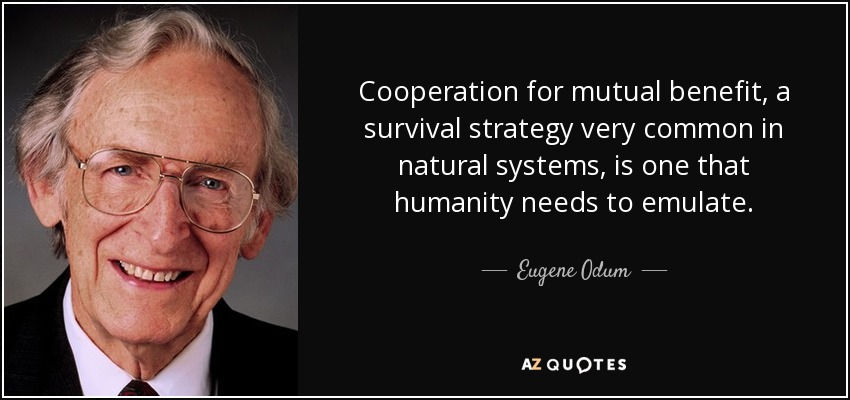Mutualistic Relationships
- Author Sandra Wilson
- Jan 19, 2021
- 2 min read
Updated: Nov 15, 2024
When I mention animals that help what do you think of? Service animals? emotional support animals? Police dogs? How about an Egyptian Plover?

The Egyptian Plover cleans the teeth of the Nile Crocodile. This is considered a mutualistic relationship which is defined as "two organisms of different species 'working together,' each benefiting from the relationship." The Plover is able to find food and the crocodile doesn't suffer from infections in his mouth caused by decaying meat.
In the case of most animals that help there is a mutualistic relationship between animal and handler. The animal is treated with love and respect and is rewarded for its behaviour, and in turn they work to help.
When I visited the Grade 1 classroom to get ideas for the book Anxious Alligator we discussed giving the main character an emotional support animal. Now most of the students thought of a dog for this role but some were concerned how safe a dog would be with an alligator (they eat them you know!) So, we discussed other ideas and talked about the relationship between the plover and the crocodile. The children then decided that since a plover was safe with a crocodile it would probably be okay with an alligator. And so, Lovey the Plover became the emotional support animal in the book.
You can pick up a copy of this book from Amazon or the Quite a Character Bookstore.
What can we learn from the Plover and the Crocodile?
I am a giver. I offer my time, my energy, my help and more to people without expecting anything in return. And although this seems like a noble personality trait I have discovered over the years that it can be taken advantage of and leave me drained.
I realize that a mutualistic relationship is a healthier one but can still allow me to give to others. (of course it isn't between two different species but still a good lesson to learn). I make sure now that whenever I am working with or helping someone that there is some benefit coming to me as well. Now that doesn't mean I am being selfish and expecting something from everything I do. A benefit to me could be the joy I feel or the smile it puts on my face (something that doesn't cost the other person anything).
When I discover that what I am doing to work with or help someone else is giving me extra stress or discomfort I know that it is no longer mutualistic and changes need to be made. Those changes may mean creating a more balanced situation or it may mean discontinuing the work/help with that person altogether.
The extreme opposite of mutualism is parasitism. Instead of benefit to both a parasite feeds, grows and survives while destroying the other.
In your world which relationship do you want?
We have a mutualistic relationship with our pets for sure. We care for them and they offer unconditional love! Check out my Let's Get a Pet blog post for suggestions about bringing home a pet!


I love the reference to parasites Sandra! I have also allowed many of those types of people into my life but as I get older I can see the signs very quickly. Most people do not do it intentionally but out of habit. With these particular times we are in I hope to feel the gratitude when we can get back to a safe hug will create huge leaps and bounds with appreciation of a kind word and just a general "thank you"!